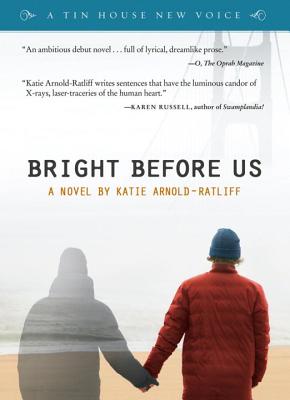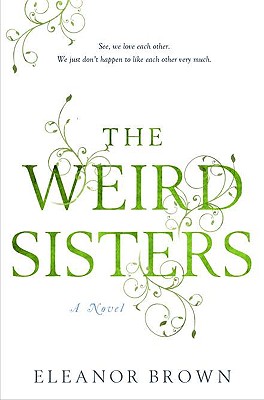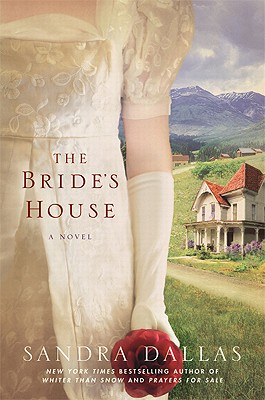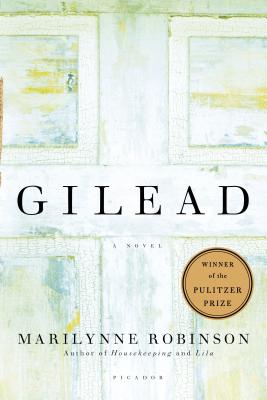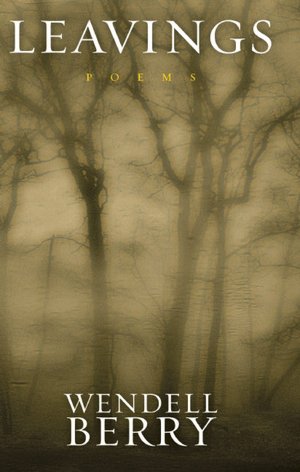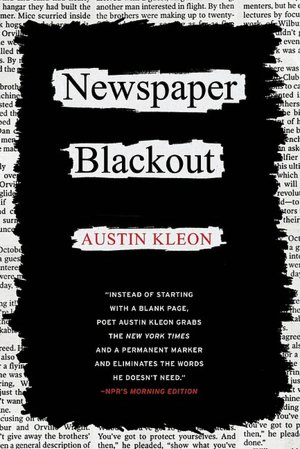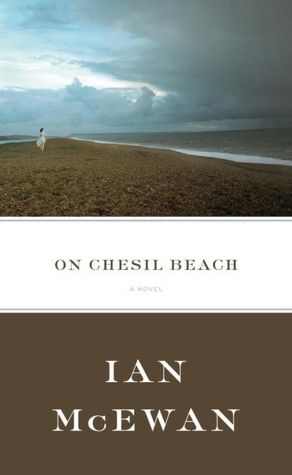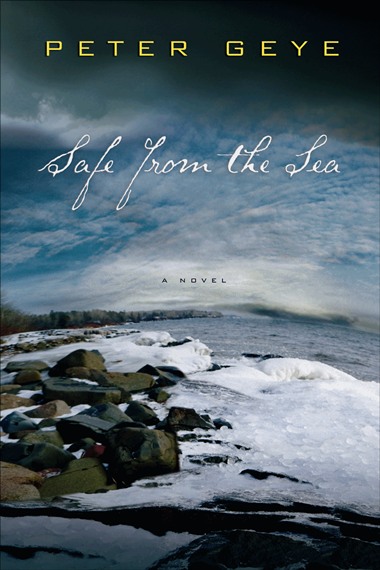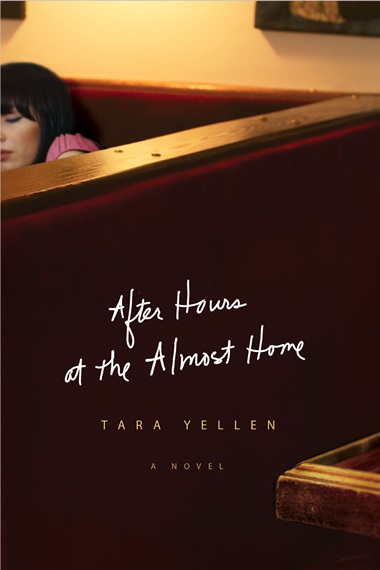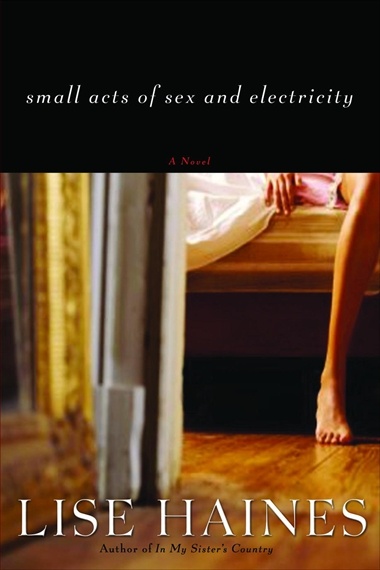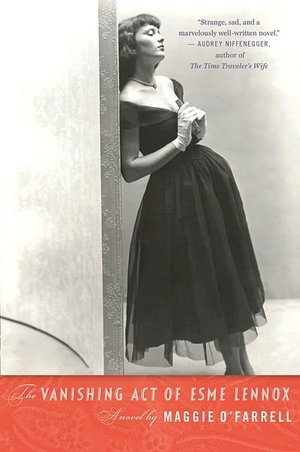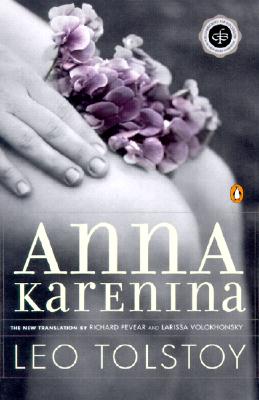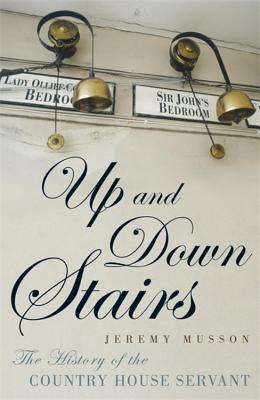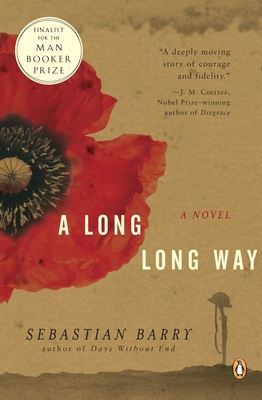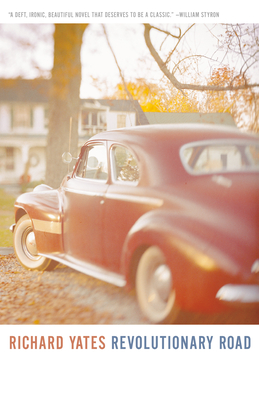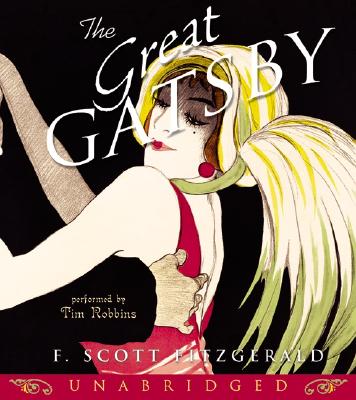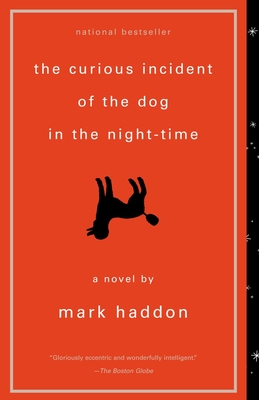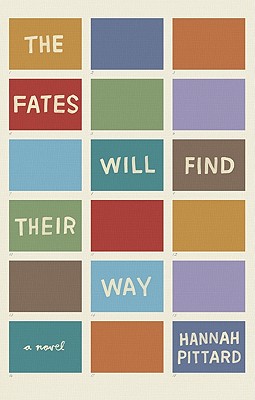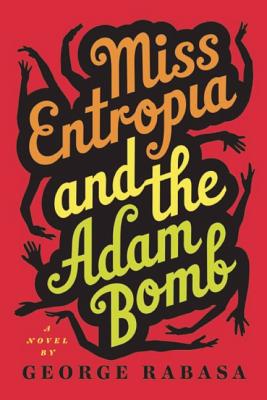A Powell's Books Indiespensable selection in 2011, Bright Before Us had many components that should have made it a good fit for me:
- a descent into paranoia & disillusionment
- the idea of lost soul mates & the complexity of marriage
- navigating trauma in adults and children
Unfortunately, it didn't quite work for me, mostly because the main character really bugged me. I didn't sympathize with him, and wasn't curious about his story at all. Additionally, the beginning was confusing to me--somehow I didn't realize that there were actually 2 female characters. Whoops. It all made SO much more sense once I realized that the dude's wife wasn't also his childhood sweetheart. Duh.
Right, so...if the above ideas sound interesting, if you keep in mind that Francis' wife is not Norah, and you don't mind the occasional irritating character, check this new author out!
About a year ago, The Weird Sisters hit the shelves, and I was excited about the prospect of reading a story about a family of readers. The girls were named after Shakespeare characters for goodness' sake--it's got to be good!
My issues? 1: The pov didn't work for me. I've enjoyed plural-first-person in other books, but this one had too few characters & it was awkward. 2: I guess I really don't have any idea what it's like to have sisters, because the cattiness really got on my nerves. 3: The ending was a bit too tidy--I didn't think that it was wrapped up entirely realistically, and that made the characters seem more like tools than people.
BUT, if you are in the mood for a sweet little read about some modern women with Shakespearean names and don't care to get all critical like me, then give it a shot. A good vacation read methinks.
With The Bride's House, I had to wish a one-time favorite author farewell. We simply don't see eye to eye any longer. Perhaps we've both changed, but the heartwarming-heartbreak that I enjoyed in her earlier books has evaporated.
Part of the problem here was the number of main characters. The story line is meant to revolve around the house, (interesting idea,) so the fact that we see 3 generations pass through it should further that idea, not detract from it; but I was left feeling that none of the characters were fully developed.
Actually, I take that back. I loved the first character and was really stinking irritated when she only got 1/3 of the book. I didn't give a flying flapjack for the other two girls. I wish I could request a rewrite. Ms. Dallas probably wouldn't appreciate that very much though, would she?
A Pulitzer Prize winner in the Fiction category for 2005, Gilead is a book that I was supposed to like.
- Pulitzer? (check)
- Character driven? (check)
- Reflective/Introspective? (check)
- Beautifully & Skillfully written? (check)
So what went wrong? I was bored. Everything took so looong (which was actually pretty realistic since it was narrated by an old man.) The parts I like the most were quotes like this:
There should be a law to prevent recipes for molded salad from appearing within twenty pages of any article having to do with religion.Funny, right? Or, maybe, more funny because the rest of the book was so even keel. It was interesting and poetic, but we didn't connect. In some ways made me think of Tinker (a more recent Pultizer Prize winner) except that Gilead took me longer to read. Much longer. So in the end, hmmm...it was alright. Well-written, but just okay.
